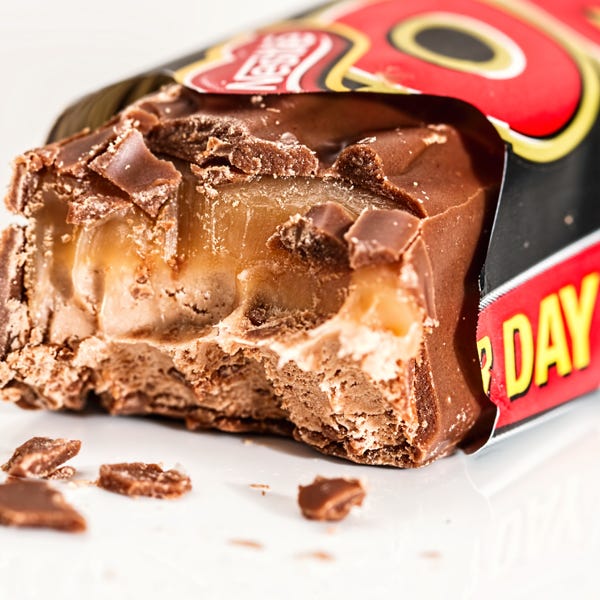

A Sociative Microdisorder
Presentation
Management
The Edible Complex, sometimes referred to in Arizona and parts of South Carolina as Debris Mastication Microdisorder (DMM), is a predilection for junk foods. In the case of those afflicted with an Edible Complex, however, “junk” food takes on a broader definition than one normally associates with that category of victuals.
The Edible Complexed have an affinity for real junk food. They aren’t necessarily interested in ingesting items such as Crunchy Cheddar Jalapeño Flavored Cheetos® or Peanut Butter Squared Snickers® or Ben & Jerry’s Chocolate Chip Cookie Dough® ice cream, or Domino’s Bacon Cheeseburger Feast® pizza — though they could be. Instead those afflicted with an Edible Complex find pleasure in devouring products having significant quantities of glass, plastic, metal, rubber, ceramic and/or masonry. Indeed, an Edible Complexed teenager would prefer to eat the bucket in which a KFC “Half Spicy Crispy Chicken Meal® with Macaroni and Cheese, Potato Wedges, and Biscuit" is served rather than the meal itself.
Nearly half of those diagnosed with Edible Complex also show symptoms of Seasoning Affective Disorder. Strangely, the Edible Complex microdisorder is found to be present only in North American teenage males who reside in areas between the latitudes of 33.6ºN and 35.7ºN.

While most teenagers outgrow this microdisorder as they pass into their twenties, the consumption of Free-Range Pebbles has been shown to be an effective step in an earlier weaning from an Edible Complex.
Copyright © 2010 – 2024, Micropsych.com. These contents may not be reprinted or retransmitted in whole or in part without our express written consent. If you use any of our stuff without asking first, we’ll certainly be pissed off and we may just sue your ass for good measure. Micropsych.com is satire, fiction, spoof. In no way does it represent actual psychological science or therapy. (If you need to be told that, maybe you suffer from an undiagnosed microdisorder yourself.) Proper names used on the micropsych.com website, unless those of public figures or entities, are fictional. Any resemblance to persons or entities is coincidental. Micropsych.com is not associated with any research or treatment center, nor would any reputable facility wish to be associated with micropsych.com.